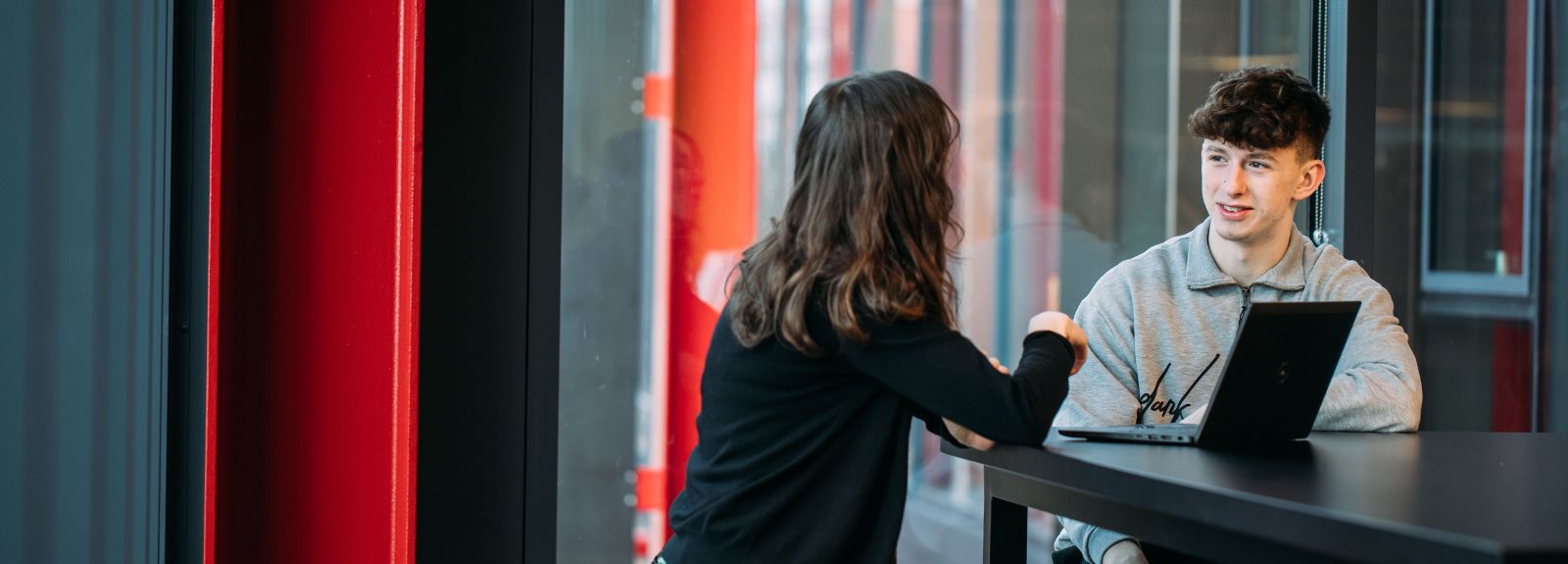Interviews
Interviews are an important part of the recruitment process.
During an interview an employer will try to figure out if and how you fit into their company or organisation. But any interview is a two-way street.
You’ll also be figuring out if it’s an organisation you want to work for. See yourself as a valuable resource that is potentially available to an employer.
Get more help with interviews in our Interview Process Guide below.
